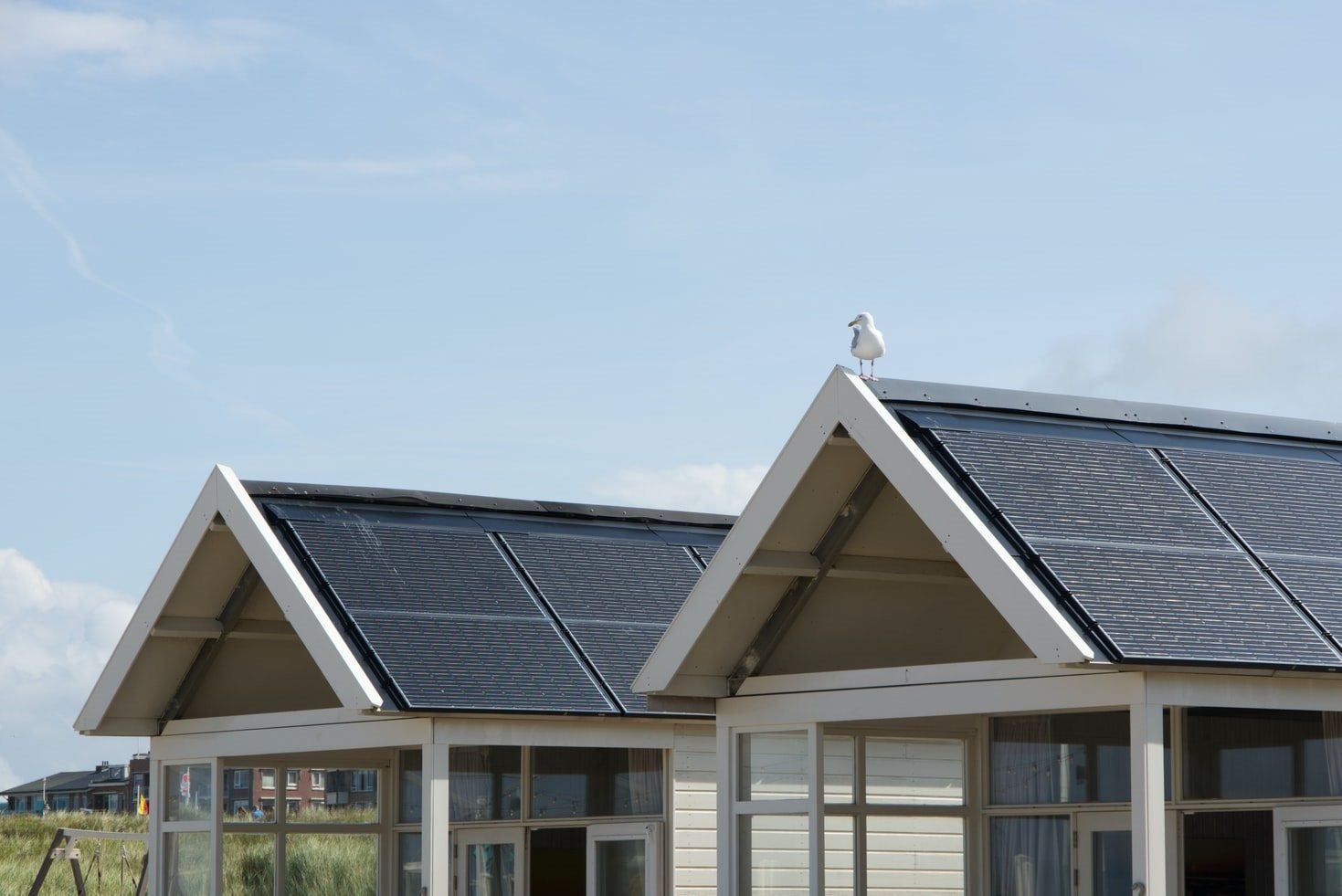
Solar panels are engineered to help harness the energy of the sun, a clean, green energy source. Whether you want to reduce your dependence on the grid or want to minimize your carbon footprint, there are plenty of reasons to consider going solar.
There will be times when you won’t be able to utilize all of the electricity produced by your solar panels. In these situations, you can either sell surplus energy back to the state or use a battery to store it.
Batteries offer a wide range of benefits. A solar battery can help improve access to green energy and reduce your dependence on the grid. Depending on your solar system’s capacity and energy consumption, you can even go off the grid.
Now is the right time to invest in a solar battery. If you install solar panels and a battery this year, you can avail tax benefits under the Investment Tax Credit (ITC). The ITC allows you to deduct 26% from the cost of installing a battery coupled with a solar system.
Installing solar panels requires a specialized knowledge set and skills. An installation expert will ensure that your home is capable of bearing the extra weight and may make recommendations or modifications if necessary.
They will help you evaluate the pros and cons of different types of solar systems and batteries. A reputable solar company near you will help you create an action plan to maximize your investment.
Is Battery Storage Right For You?
A solar battery can help you maximize your investment by ensuring you can use every kWh of clean energy your system produces. It is particularly useful in areas with an unreliable grid and areas where local utility companies use time-of-use rate plans.
To determine the value that a battery can provide, start by looking at how your utility service provider charges you.
The Pricing Model Used By Your Utility Service Provider
Time-of-Use Rates
Many utilities in California use time-of-use pricing. Under this pricing model, the customer pays more for electricity during peak times such as late afternoon through early evening and is charged a lower rate during off-hours like early morning and late night.
If your utility uses time-of-use rate pricing, it makes sense to opt for a battery. During peak hours, you can use the energy stored in your battery instead of drawing from the grid to reduce your energy costs. Conversely, a solar battery will store the excess energy produced by your system during off-hours.
Demand Charges
Demand charges are levied to maintain a constant supply of electricity. Earlier, utility companies charged non-residential or commercial customers for maintaining a constant supply of electricity. Of late, many utility service providers have started charging residential customers for this service.
How does demand charge pricing work?
A rate based on the maximum amount of power the customer consumes in a given hour (in some cases, 15-minute windows) is set. You will either pay based on the amount of electricity you consume or the maximum amount of energy you need at a given point in a month.
Battery storage can help offset these charges by reducing your dependence on the grid during peak times. You can use the extra electricity stored in your battery instead of drawing electricity from the grid.
If you know beforehand that you’re going to need more electricity at a given time, you can switch over to your battery to meet your household’s electricity demand.
Grid Reliability
There are several factors that can impact grid reliability, ranging from energy regulations, utility operational performance, weather conditions, electricity generation adequacy, and the condition of power system infrastructure.
If you live in an area with an unreliable grid, a battery can provide a green power backup without the need for a noisy and polluting generator.
Is Net Metering Offered?
Many utility companies offer net metering, rewarding customers with credits for feeding electricity back into the grid. Any credits that you earn can be used to offset a high energy bill in the future.
Important Factors to Consider When Choosing a Solar Battery
All solar batteries are not created equal. Just because your neighbor prefers a particular battery brand, type, or model, that does not necessarily mean it is the right choice for you.
When selecting a battery, consider your needs. Make sure the battery you are considering can generate enough electricity to meet your household’s electricity demand.
Here are some factors to consider when buying a solar battery:
- Capacity: Measured in kilowatt-hours, battery capacity is the total amount of energy the battery can store. Opt for stackable batteries that can be used together to enhance storage capacity.
- Power rating: A battery’s power rating is indicative of the amount of electricity that the battery can deliver at a given point in time. A battery with a high power rating and low capacity can produce enough electricity to meet your household’s energy demand for a few hours. A battery with a low power rating and high capacity can produce enough power to run household appliances for an extended period of time.
- Battery life and warranty: Solar battery warranties are specified in terms of the number of charging and draining cycles. Be sure to ask what’s covered, what isn’t covered, and what can void the warranty.
- Round trip efficiency: Compare the amount of usable energy the battery can produce with the amount of energy it consumes. Look for a battery with a higher round trip efficiency.
- Depth of discharge (or DoD): The DoD of a battery indicates the amount of energy produced by the battery that is available for use. Opt for a battery with a higher DoD.
Right Now Air & Solar is a renowned solar company in Vacaville. We contribute to sustainability by helping homeowners go solar and our goal is to help homeowners make choices that aren’t only good for them, but also good for the planet. To make an appointment, call (833) 226-9086.
